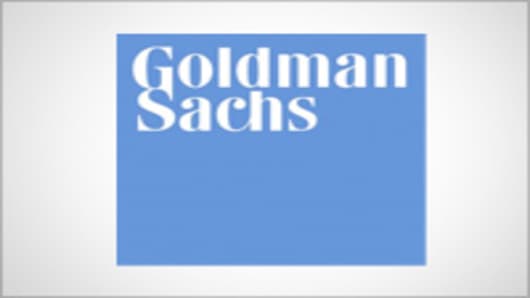Improving growth, falling unemployment and a sense that the U.S. is returning to "normal" could fuel a 20 percent stock market gain and make 2011 the "Year of the USA," according to Goldman Sachs economist Jim O'Neill.
O'Neill, the widely-followed chairman of Goldman Sachs Asset Management, in a note this week made the case for the U.S. to be a bright spot in the world economy, with growth rates of 3.4 percent in 2011 and 3.8 percent in 2012.
"This growth is likely to be strong and robust enough to lead to declining unemployment which, if correct, should mean that the worst of the social consequences of the credit crisis should start to ease," he wrote. Bond yields should continue to rise further, and the dollar could rally "quite a bit."
"Of course, things will not return to pre-crisis normality in the U.S., as it wasn't really that normal before the crisis," he wrote. The U.S. cannot survive with an over-levered consumer, low personal savings rate or large current account deficit.
"I think 2011 in this regard, will be the beginning of a new phase in which the US has strong GDP growth, but it will be led by exports and investment," he wrote.
MIKT = the new BRIC
O'Neill is the man who first coined the phrase BRICs for the hot markets of Brazil, Russia, India and China. He now expects investors to further distinguish between a class of growth economies, such as the BRICs, and those that are still emerging.
For 2011, he is adding Mexico, Indonesia, Korea and Turkey to his list of "growth economies." Combined with the BRICs, they produce one percent or more of global GDP and are likely to see their share grow.
He said while many other economies have the potential to grow strongly, they should generally be seen as "emerging" because they still depend on the economic cycles and policies of G7 and "growth economies" nations.
"European-ness" May Take Over
O'Neill also writes about the dilemma of the European sovereign mess and puts the blame on leadership and governance. He notes that the U.S. is relatively more indebted than the Euro Area, but there is confidence in its governance and economic leadership.
He ultimately expects key European policy makers to support Portugal, which has similar problems to Greece, Ireland and maybe even, Spain.
"All of them, Germany included, will be there, but it might be messy and tricky," he said. He does finally expect European leaders to come together in a show of "European-ness" and at that point, the current wide bond spreads of peripheral European debt could prove to be attractive.
"But this is one for the buy and hold, and don't watch every day, category," he adds.
- Follow me on Twitter @pattidomm.
Questions? Comments? Email us at marketinsider@cnbc.com




